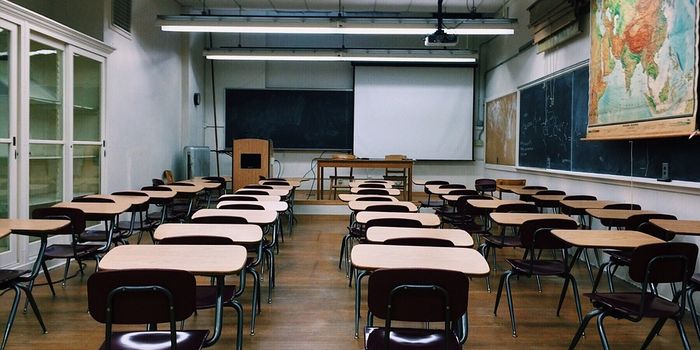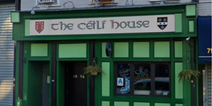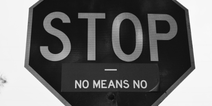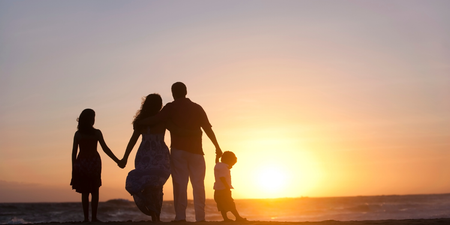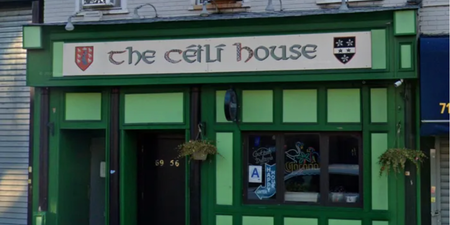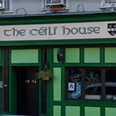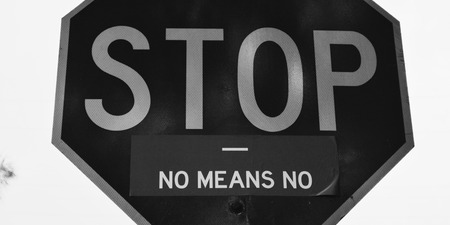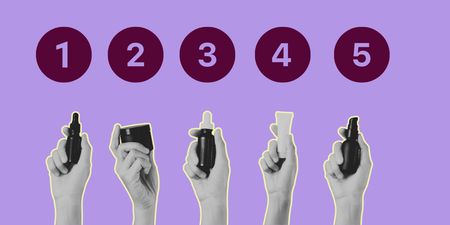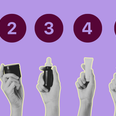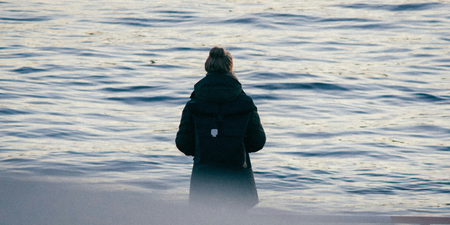A lot of the girls became pregnant due to child marriage.
A report released today by international aid agency World Vision says that as many as one million schoolgirls could be blocked from re-entry to school because they have become pregnant during the COVID-19 pandemic.
The report, Aftershocks–Access Denied, warned that girls who have become pregnant, many because of sexual violence, child marriage and lack of access to sexual and reproductive health services, will now lose out on future opportunities.
This is because policies and practices in some countries across sub-Saharan Africa do not allow pregnant girls or young mothers to continue their education.

Studies conducted during the 2014-16 Ebola outbreak in Sierra Leone showed that girls and young women were twice as likely to become pregnant than before.
More than 14,000 teenage girls became pregnant during that time, including 11,000 who were in school prior to the outbreak and met with country-wide bans when they tried to return.
Policies vary across the region – from outright expulsion of pregnant girls to strategies that support the continued education of adolescent mothers.
Speaking about the current pandemic and the problems young girls are facing as they try to return to school Fiona O’Malley, Director of Communications and Fundraising for World Vision Ireland, said:
“As millions of families across the globe are getting ready to bring their children back into school, up to one million girls across sub-Saharan Africa may not get that chance.
Prolonged school closures during a humanitarian crisis can mean an increased violation of human rights, increased child marriage, sexual violence, and early pregnancy. Unfortunately, many countries don’t allow teenage girls to re-enrol if they become pregnant.
In the developing world, a denial of education can lead to a denial of other basic human rights. Sub-Saharan Africa is home to more out-of-school children than any other region in the world. It also has the highest teenage pregnancy rates globally.”

Sierra Leone recently lifted its ban on pregnant schoolgirls in March 2020 and is promoting measures that will help ensure girls’ education after the COVID-19 crisis.
World Vision warns that with school closures related to COVID-19 threatening to lead to an increase in teenage pregnancy, governments must take Sierra Leone’s lead and act now.
Speaking on this decision Isabel Gomes, World Vision’s Global Director for Humanitarian Operations said:
“Denying girls their right to attend school means we are faced with a further crisis in girls’ education, unless governments and partners act now.
We saw the decision to ban pregnant girls from returning to school after Ebola in Sierra Leone had grave consequences as these girls and their children faced fewer opportunities, greater health and well-being risks, and increased poverty and insecurity.”
World Vision are working to keep as many young girls in education as possible. If you would like to help you can find out more by visiting their website here.
